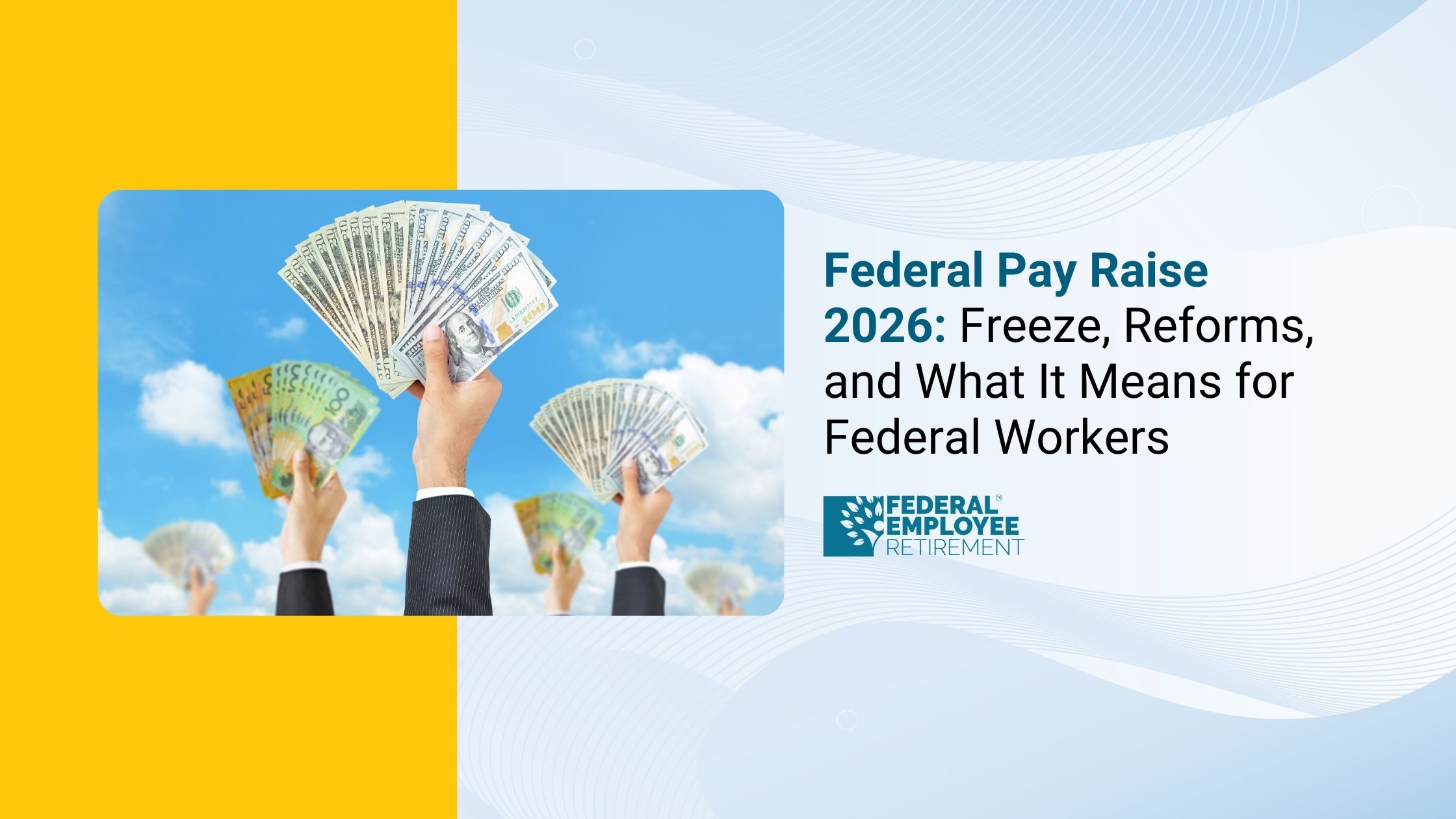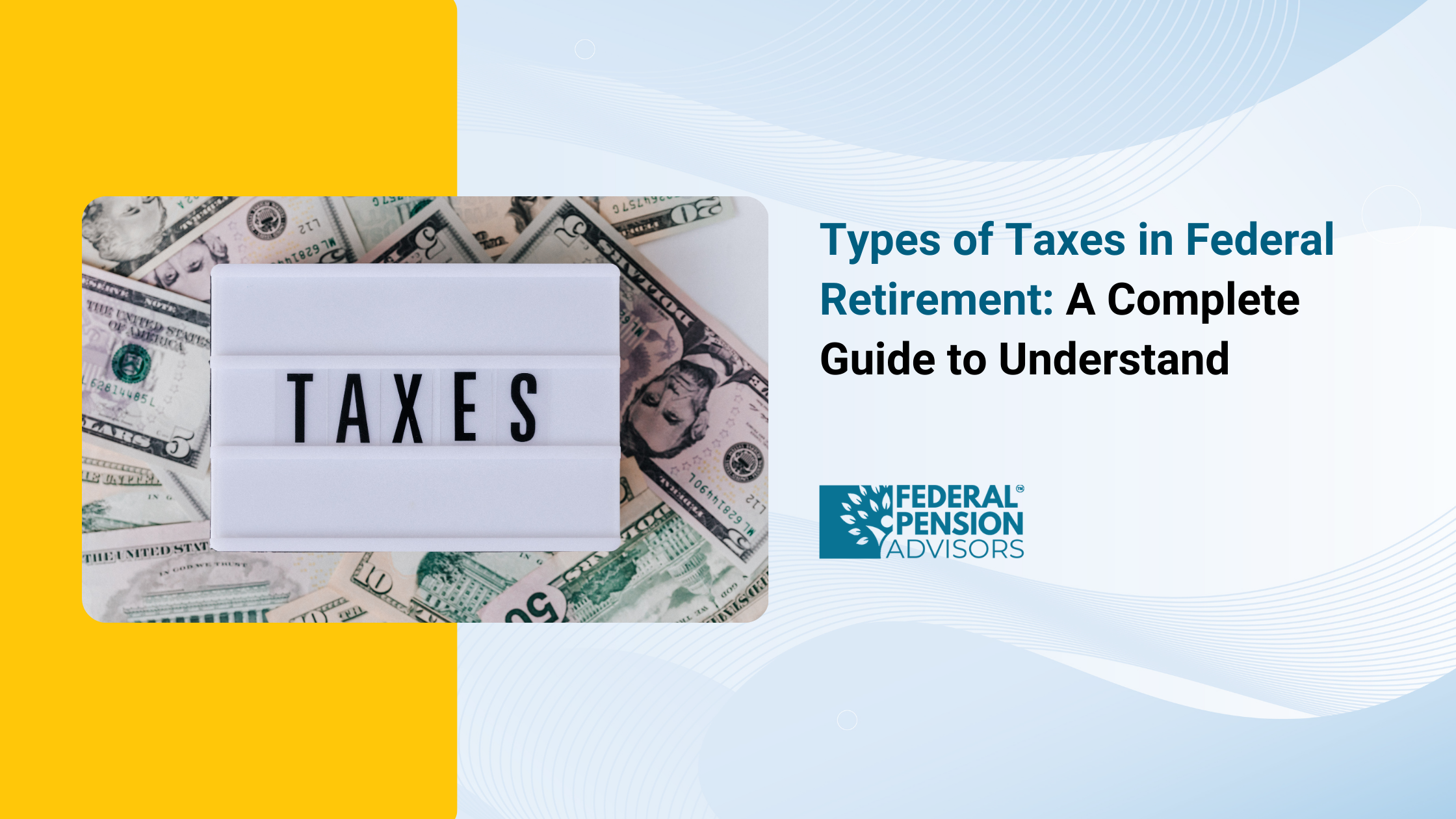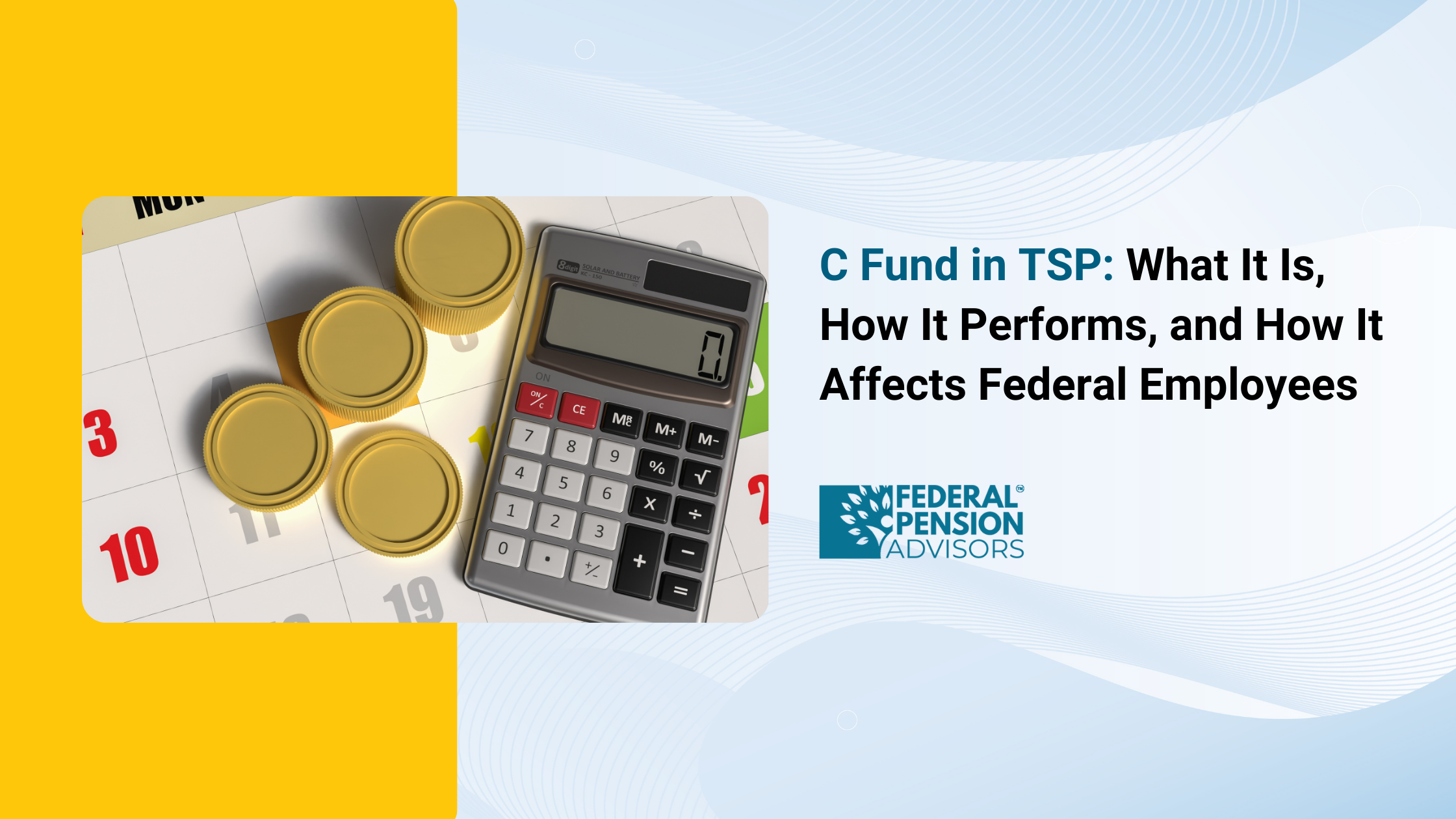You’re not alone; 4,359 federal employees booked their free review.

Federal Pay Raise 2026: Freeze, Reforms, and What It Means for Federal Workers
The question on many federal employees’ minds is clear: Will there be a federal pay raise in 2026? Unfortunately, the answer points toward a pay freeze. According to White House budget guidance and administration officials, federal workers are unlikely to see a general pay increase next year. Instead, 2026 could be a turning point for how pay decisions are handled, with compensation reform discussions running parallel to the freeze.
Why 2026 Federal Pay Raise Is Frozen
Each year, unless the president intervenes, the 1990 Federal Employees Pay Comparability Act mandates automatic across-the-board and locality pay increases. To block those sizeable raises, the president must issue an alternative pay plan by the end of August, citing economic concerns or budget emergencies.
President Trump has signalled his intent to use this authority and issue a freeze for 2026. Passback documents from the Office of Management and Budget already outlined this strategy, and so far, Congress has not advanced any legislation to counter it. That silence suggests tacit support for the freeze, at least in the near term.
This would not be the first time a freeze has been proposed. During Trump’s first term, he sought freezes three times, though Congress intervened and ultimately granted raises between 1.4% and 2.6%. The outcome for 2026 may depend on whether lawmakers once again decide to push back.
Plan Ahead for Your Federal Retirement
The 2026 federal pay freeze is another reminder of how unpredictable government pay and benefits can be. While Congress debates reforms, your financial security shouldn’t be left to chance.
At Federal Pension Advisors, we help federal employees understand their pension options, maximize retirement income, and prepare for changes in pay and benefits. Whether it’s navigating a Federal pay freeze, planning around COLA, or optimizing your TSP, our experts ensure you stay on track.
Take control of your retirement future today. Schedule a consultation with Federal Pension Advisors and build a strategy that protects your financial stability no matter what Washington decides.
How 2026 Compares with Recent Federal Pay Raises
In contrast to the freeze expected in 2026, federal employees received a 2.0% average pay raise in 2025 under President Biden. That increase included a 1.7% across-the-board basic pay adjustment and a 0.3% boost in locality pay.
Trump proposed pay freezes in three of the four years of his first term, though Congress overruled him each time, providing raises between 1.4% and 2.6%. In 2020, he proposed a 1% across-the-board increase only to reverse course and again support a freeze. Congress adopted the 1% increase that year.
Broader Implications for Federal Pay
The federal pay raise 2026 freeze is part of a wider discussion about modernising federal compensation. Bipartisan lawmakers are working on reform proposals to link pay more closely to performance, market competitiveness, and agency needs, rather than blanket across-the-board increases.
This means that while there may be no raise in 2026, future years could see a shift toward:
- Merit-based pay adjustments rather than tenure-based increases.
- Updated General Schedule classifications to better reflect modern roles.
- Greater agency flexibility in setting pay for high-demand skills like cybersecurity and STEM.
You may like - proposed military pay raise 2026
federal hiring freeze update
What Federal Employees Should Expect
- Short-term: The 2026 federal pay raise is frozen unless Congress intervenes. Paychecks will not see an across-the-board bump.
- Medium-term: If reform bills gain momentum, future pay decisions may look very different, with performance and competitiveness taking centre stage.
- Budget pressures: With flat or reduced funding across agencies like the DoD, State Department, and GSA, many agencies are also bracing for tight personnel budgets, potential layoffs, and structural changes.
Conclusion: A Freeze Today, Uncertainty Tomorrow
The federal pay raise 2026 is officially frozen under the latest proposals. While disappointing for many, this freeze highlights the need for broader compensation reform. Federal employees should stay informed as both Congress and the White House debate the future of federal pay.
Whether raises return in 2027 or beyond may depend less on tradition and more on how well reforms balance fairness, performance, and fiscal responsibility.
FAQ'S
1. What is the pay increase for 2026?
There is no general pay raise proposed for federal civilian employees in 2026, according to the President's FY 2026 budget request.
2. What is the 2026 COLA for federal employees?
There is no cost-of-living adjustment (COLA) indicated separately for 2026 in the proposed budget federal employee pay is effectively frozen, with no across-the-board increase or COLA included.
3. What is the pay raise for the military in 2026?
The proposed military pay raise for 2026 is 3.8%, aligning with the Employment Cost Index (ECI), and if approved, the raise will take effect January 1, 2026.
4. Why is the GS scale capped?
The General Schedule (GS) scale including base pay plus locality pay is capped by law to not exceed Level IV of the Executive Schedule. This cap exists to limit total compensation for higher-graded federal employees.


Get Updated
Subscribe to our weekly updates for the latest on retirement planning, federal benefits, exclusive webinars, and more!
Download Federal Retirement: Step-by-step Checklist
This comprehensive guide will help you understand your federal benefits, optimize your savings, and plan for a comfortable future.



.png)








